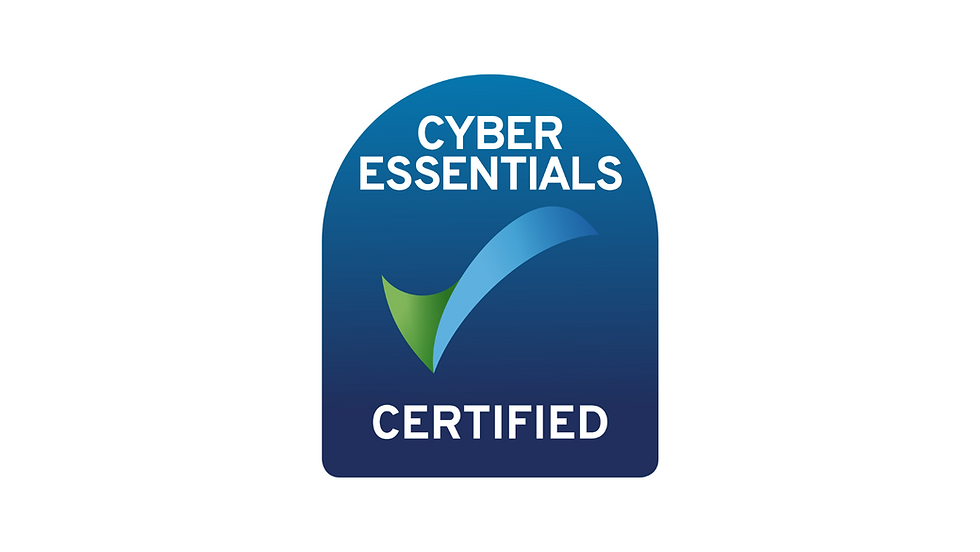Top 3 Remote Working Trends in 2021
- Jul 12, 2021
- 2 min read
On 16th March 2020, Prime Minister Boris Johnson instructed people to work from home where they possibly can as part of the UK’s response to the COVID-19 outbreak.
Latest research from Finder.com estimates that 60% of the country’s adult population are still working remotely, more than a year after the government’s announcement. Additionally, 26% of workers plan to continue remote work occasionally or permanently after lockdown.
With that in mind, it’s critical to possess the right technologies and processes to support remote work. Let’s take a look at some of the top trends driving remote working habits and environments.
Increased Reliance on Cloud-Based Technologies
Cloud-based technologies have seen massive adoption in the past year as organisations strive to maintain high levels of productivity and employee engagement.
The key benefit of cloud computing is that it eliminates geographical barriers between employees. Cloud-based platforms allow real-time communication and instant access to information whenever they need it.
Thanks to cloud storage tools, collaboration is possible even remotely. Team members can work on a single document, edit it together and ensure deliverables are completed on time.
Cloud-based software also supports HR departments by allowing virtual hiring, employee onboarding, and employee upskilling.
Stronger Cybersecurity Measures
With more organisations transitioning to a remote workforce, new cybersecurity threats have increased significantly. Since home connections are often less secure, it’s made it easier for attackers to breach company networks and put employees at risk of phishing schemes, malware, and ransomware.
Lack of monitoring and outdated security measures can also put company data at risk. Similarly, as new tools and technologies are introduced, cybersecurity teams are reassessing prior efforts. Stricter security protocols and testing features are implemented to protect data and support business continuity.
Greater Upskilling and Retraining Approaches
To ensure they emerge stronger from the pandemic, businesses need to start upskilling their workforce.
Companies are developing talent strategies designed to enhance employees’ adaptability, cognitive and digital capabilities, and even their social skills and emotional resilience. Investing in one’s workforce helps companies stay competitive and ready for future disruptions.
Resilience and adaptability – now more than ever – are critical to business growth. As organisations shift to remote settings, companies need to proactively seek opportunities that will help increase productivity, reduce risks, and deliver seamless employee experiences.
For more remote work insights or legal and security advice, book a free consultation now.



